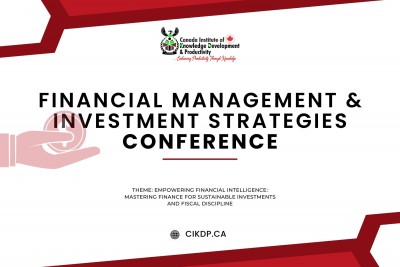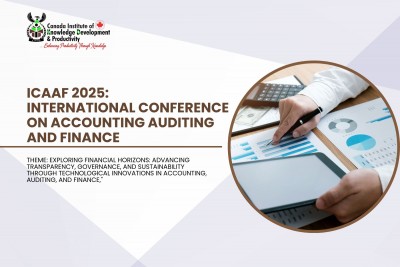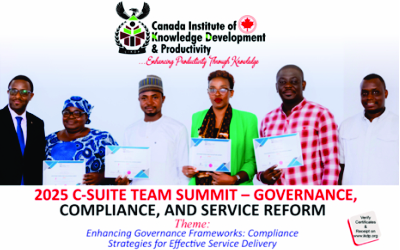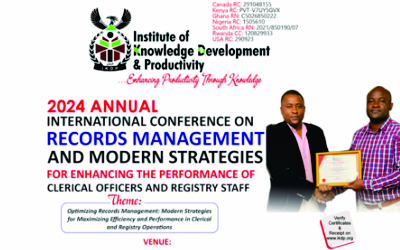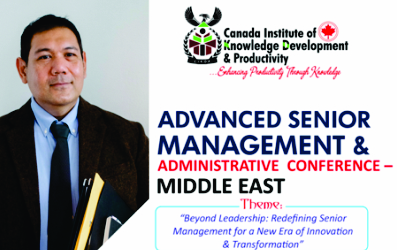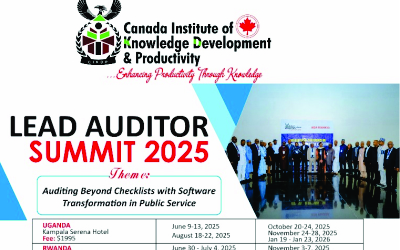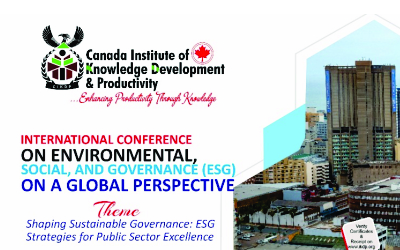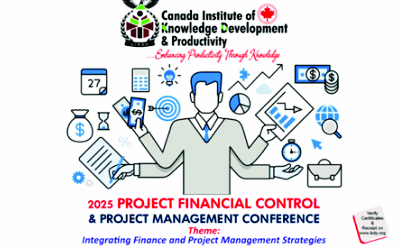Course description
INTRODUCTION
In a rapidly evolving economic landscape marked by uncertainty, inflation, and shifting global markets, strong financial management and strategic investment planning have become critical tools for organizations striving for growth and sustainability. Financial leaders and professionals must now go beyond routine budgeting and accounting to play a pivotal role in strategic planning, capital allocation, risk management, and value creation.
This intensive course is designed to equip participants with a solid foundation in financial planning, investment decision-making, and financial performance analysis. Whether managing public funds, institutional portfolios, or corporate budgets, participants will learn how to align financial strategies with organizational goals, ensure compliance, assess financial health, and make sound investment choices that drive results.
Real-life case studies, financial modelling, and interactive simulations will be used to bridge the gap between theory and practice, empowering participants with practical skills and a strategic mindset for managing finances and investments in today’s dynamic business environment.
By the end of this course, participants will be able to:
- understand core principles of strategic financial management;
- develop and monitor budgets aligned with organizational goals;
- interpret financial statements and conduct financial ratio analysis;
- apply investment appraisal techniques to assess project viability;
- identify risks in financial and investment decisions and develop mitigation strategies;
- optimize capital structure, funding strategies, and asset management;
- formulate investment policies in line with risk-return profiles; and
- strengthen transparency, compliance, and fiscal responsibility practices
COURSE CONTENT/MODULES:
Module 1: Principles of Strategic Financial Management
- Role of finance in strategic planning and decision-making
- Budgeting, forecasting, and financial planning
- Key financial statements and their interpretation
- Financial performance metrics and KPIs
Module 2: Capital Budgeting and Investment Appraisal
- Understanding capital investment decisions
- Techniques: NPV, IRR, Payback Period, ROI
- Sensitivity and scenario analysis
- Selecting and prioritizing investment projects
Module 3: Financial Risk Management and Compliance
- Types of financial risks: market, credit, liquidity, operational
- Risk identification and mitigation strategies
- Internal controls and financial policies
- Regulatory frameworks and compliance requirements
Module 4: Funding Strategies and Capital Structure Optimization
- Sources of finance: equity, debt, grants, and public-private partnerships
- Determining optimal capital structure
- Cash flow and working capital management
- Financing growth and managing cost of capital
Module 5: Investment Planning and Portfolio Management
- Building an institutional or organizational investment strategy
- Asset allocation and diversification principles
- Ethical investing and ESG (Environmental, Social, and Governance) trends
- Monitoring and evaluating investment performance
WHO SHOULD ATTEND:
- Finance Managers and Financial Controllers
- Budget Officers and Treasury Managers
- Investment Analysts and Portfolio Managers
- Internal Auditors and Risk Officers
- Public Sector Accountants and Finance Directors
- Project Managers and Development Planners
- NGO Finance and Program Officers
- Entrepreneurs and Business Owners
- Board Members and Strategic Leaders involved in resource allocation
What will i learn?
- Understand core principles of strategic financial management;
- Develop and monitor budgets aligned with organizational goals;
- Interpret financial statements and conduct financial ratio analysis;
- Apply investment appraisal techniques to assess project viability;
- Identify risks in financial and investment decisions and develop mitigation strategies;
Requirements
- June 30 - July 4, 2025. August 18-22, 2025 September 1-5, 2025 November 17-21, 2025 December 15-19, 2025 January 12-16, 2026
Frequently asked question

